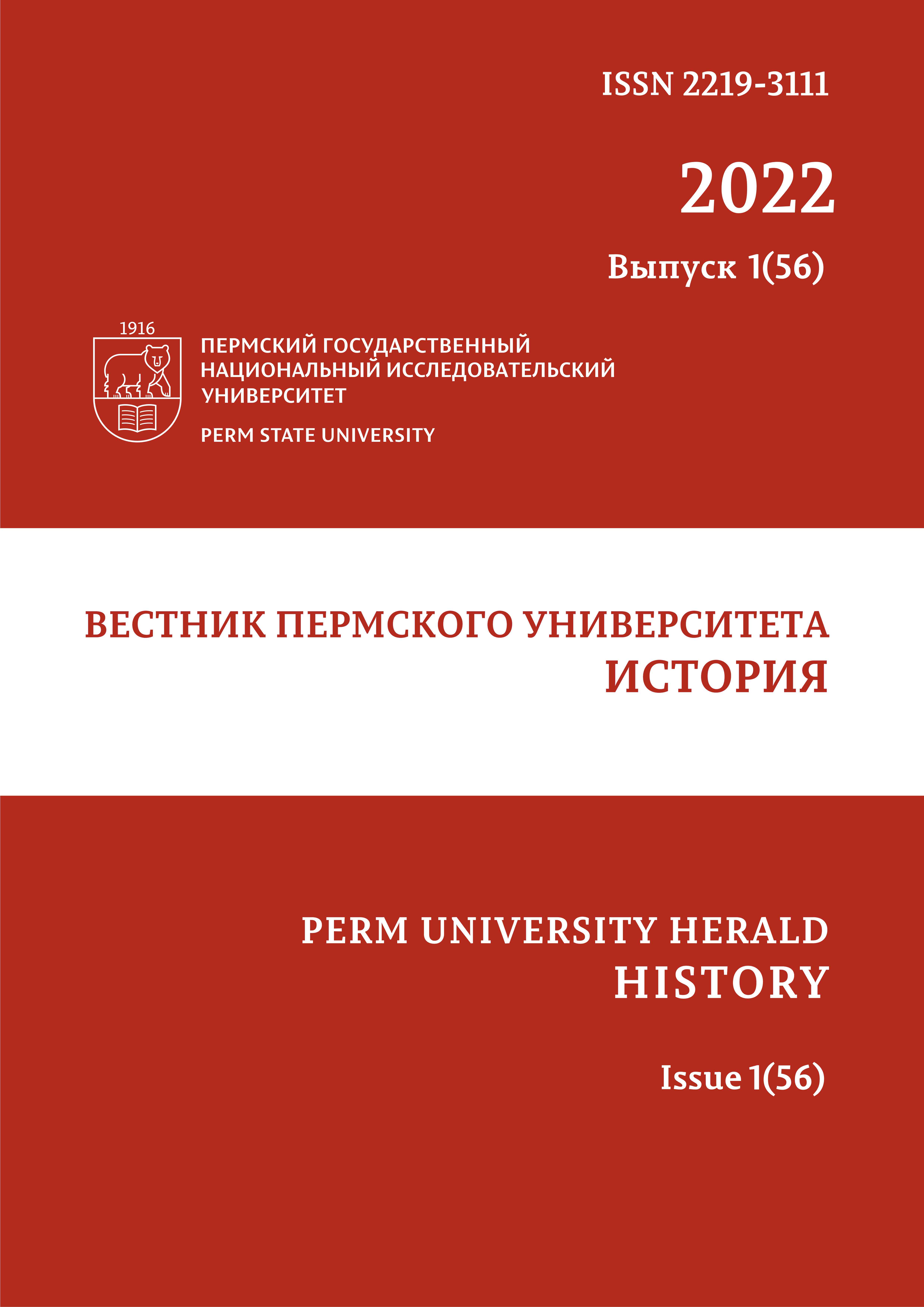«THE BOX OF THE CONSTITUENT ASSEMBLY»: «THE MASTER OF THE RUSSIAN LAND» AND FORMER IMPERIAL THEATERS
Keywords:
Russian Constituent Assembly, Russian revolution of 1917, October revolution, Imperial theaters of Russia, State theaters of RussiaAbstract
The image of the Constituent Assembly played in 1917 and early 1918 an important role in the life of theaters, which had the magnificent title “Imperial” before the fall of the monarchy. Between February and October 1917, both the artists and the administration of the State theaters considered the “master of the Russian land” as the only authorized institution for the “final” and radical theatrical reform. After the Bolsheviks came to power and until January 1918, the Constituent Assembly became a symbol of the coming liberation from the power of the Bolsheviks, whose power the State (former Imperial) theaters did not officially recognize at that time. Loyalty to the “master of the Russian land” was repeatedly emphasized by both artists and theater management: on the originally intended day of the Constituent Assembly’s convocation, November 28, a solemn performance was held at the Mikhailovsky theater in Petrograd; a month later, at the Mariinsky theater, government boxes were declared boxes of the Constituent Assembly (and not of the Council of People’s Commissars). In early January 1918, the Bolsheviks conducted a forceful operation to establish control over the State stage, which included the removal of the Chief Commissioner for State theaters, Fyodor Batyushkov, from its management and the arrest of the Manager of the Opera company, Alexander Siloti. Coinciding with the dispersal of the Constituent Assembly, these events dealt a powerful blow to the “saboteurs” in the Theater department, depriving them, after the liquidation of the “master of the Russian land”, of the hope for a peaceful deliverance from the Leninist government.References
Гордеев П.Н. Государственные театры России в 1917 году. СПб.: Изд-во РГПУ им. А.И. Герце-на, 2019. 856 с.
Barber C. Lost in the Stars: The Forgotten Musical Life of Alexander Siloti. Lanham (Maryland); Ox-ford: Scarecrow Press, 2002. 429 p.
Frame M. The St. Petersburg Imperial Theaters: Stage and State in Revolutionary Russia, 1900–1920. Jefferson (North Carolina); London: McFarland & co, 2000. 214 p.
References
Barber, C. (2002), Lost in the stars: The forgotten musical life of Alexander Siloti, Scarecrow press, Lanham (Maryland); Oxford, USA – UK, 429 p.
Frame, M. (2000), The St. Petersburg imperial theaters: stage and state in revolutionary Russia, 1900–1920, McFarland & co, Jefferson (North Carolina); London, USA – UK, 214 p.
Gordeev, P.N. (2019), Gosudarstvennye teatry Rossii v 1917 godu [The State theaters of Russia in 1917],
Izd-vo RGPU im. A.I. Gertsena, St. Petersburg, Russia, 856 p.

